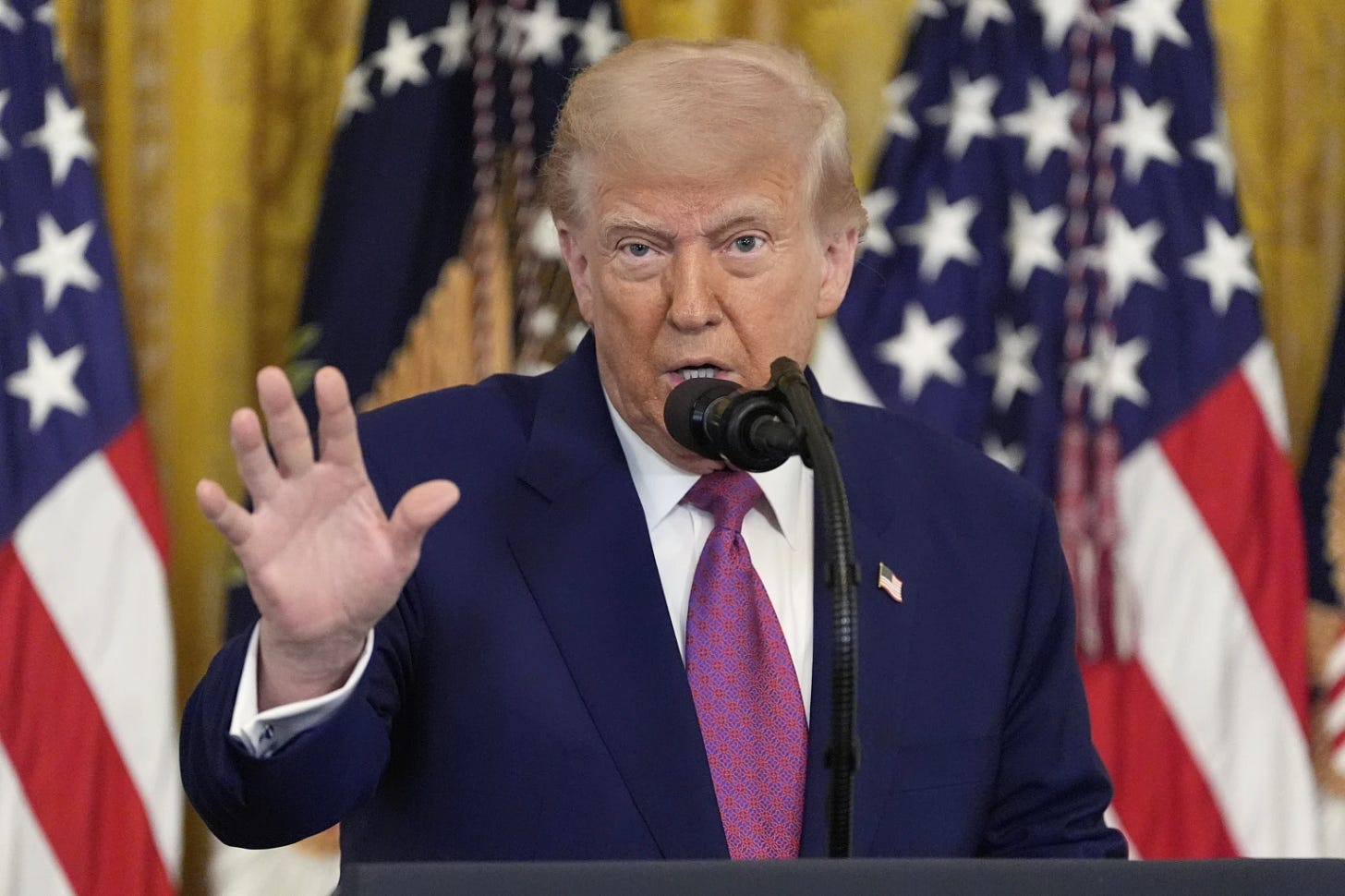The Art of the Possible: Where Morality and Geopolitics Collide
Donald Trump, during his presidency, vetoed a proposed Israeli plan to assassinate Iran’s supreme leader, according to a recent Associated Press report citing a US official. This clandestine intervention, seemingly averting a potential escalation, highlights the complex interplay of international relations, moral considerations, and personal decision-making at the highest levels of power.
From a general philosophical perspective, this news event opens a fascinating window onto the timeless struggles of statecraft: the tension between prudence and principle, the calculation of consequences, and the ever-present spectre of unintended outcomes. The drama raises fundamental questions about the nature of good governance, the ethics of intervention, and the morality of preemptive action. This analysis will delve into these philosophical underpinnings.
Here's the core dilemma we'll be wrestling with:
How do leaders balance the immediate imperatives of national security with the long-term implications of their choices?
What moral frameworks are best suited to assess actions taken in the shadowy realm of international espionage and covert operations?
Can an act of restraint, like Trump's veto, be understood as a virtue, or merely a strategic calculation based on narrow self-interest?
The historical resonance of this event cannot be overlooked. The shadow of past conflicts, ideological rivalries, and the ever-shifting sands of power politics all weigh heavily on decisions such as this. This news event, therefore, gives an important test case for our philosophical considerations.
Consider Machiavelli's warning regarding political action:
“... it is necessary for a prince wishing to hold his own to know how to do wrong, and to make use of it or not according to necessity."
This is a philosophical perspective and will be the primary focus of this analysis. The revelation of a president's explicit veto of a targeted killing campaign, however, provides a rare glimpse into the philosophical questions and tensions that usually take place in the shadows of power. This offers a pivotal moment for an ethical examination.




